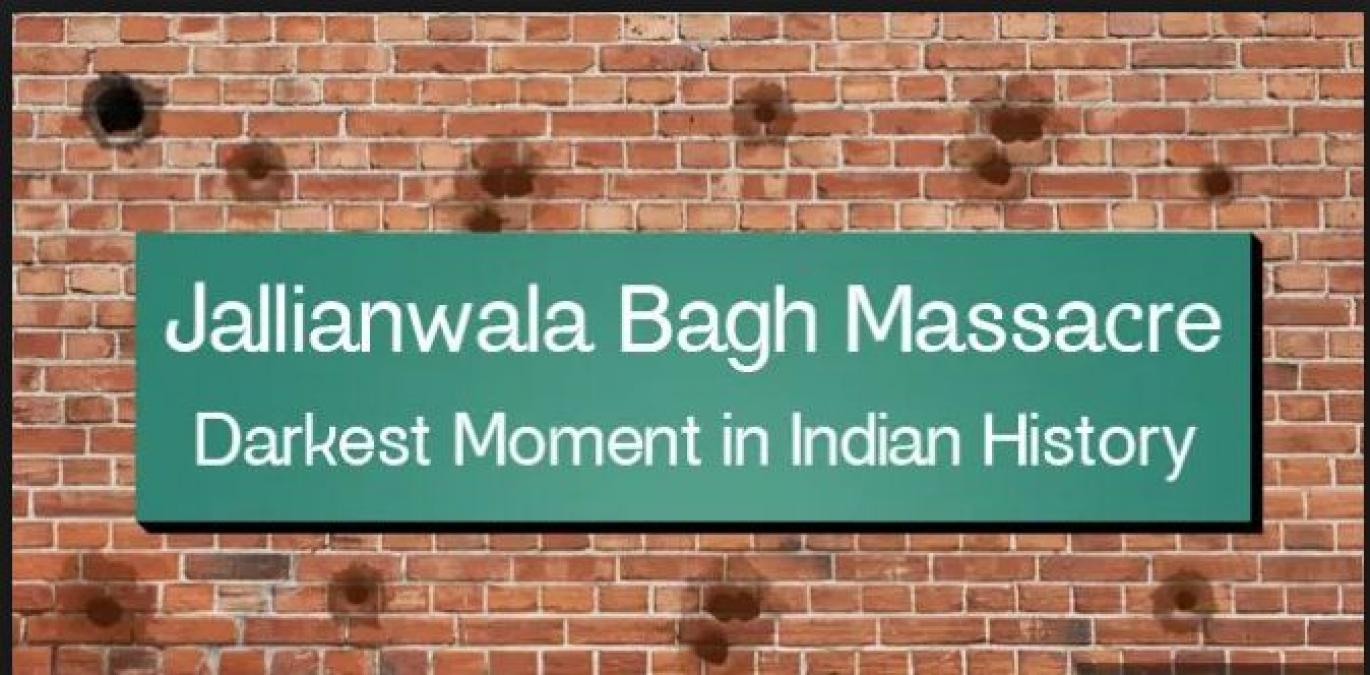
Jallianwala Bagh Massacre, Jallianwala also spelled Jallianwalla, also called Massacre of Amritsar, incident on April 13, 1919, in which British troops fired on a large crowd of unarmed Indians in an open space known as the Jallianwala Bagh in Amritsar in the Punjab region (now in Punjab state) of India, killing several hundred people and wounding many hundreds more. It marked a turning point in India’s modern history, in that it left a permanent scar on Indo-British relations and was the prelude to Mohandas (Mahatma) Gandhi’s full commitment to the cause of Indian nationalism and independence from Britain.
During World War I (1914–18) the British government of India enacted a series of repressive emergency powers that were intended to combat subversive activities. By the war’s end, expectations were high among the Indian populace that those measures would be eased and that India would be given more political autonomy. The Montagu-Chelmsford Report, presented to the British Parliament in 1918, did in fact recommend limited local self-government. Instead, however, the government of India passed what became known as the Rowlatt Acts in early 1919, which essentially extended the repressive wartime measures.
also read Sonia Gandhi personal assets worth reveals in nomination affidavit…Know detail inside
The acts were met by widespread anger and discontent among Indians, notably in the Punjab region. Gandhi in early April called for a one-day general strike throughout the country. In Amritsar the news that prominent Indian leaders had been arrested and banished from that city sparked violent protests on April 10, in which soldiers fired upon civilians, buildings were looted and burned, and angry mobs killed several foreign nationals and severely beat a Christian missionary. A force of several dozen troops commanded by Brig. Gen. Reginald Edward Harry Dyer was given the task of restoring order. Among the measures taken was a ban on public gatherings.
On the afternoon of April 13, a crowd of at least 10,000 men, women, and children gathered in the Jallianwala Bagh, which was nearly completely enclosed by walls and had only one exit. It is not clear how many people there were protesters who were defying the ban on public meetings and how many had come to the city from the surrounding region to celebrate Baisakhi, a spring festival.
The shooting was followed by the proclamation of martial law in the Punjab that included public floggings and other humiliations. Indian outrage grew as news of the shooting and subsequent British actions spread throughout the subcontinent. The Bengali poet and Nobel laureate Rabindranath Tagore renounced the knighthood that he had received in 1915. Gandhi was initially hesitant to act, but he soon began organizing his first large-scale and sustained nonviolent protest (satyagraha) campaign, the noncooperation movement (1920–22), which thrust him to prominence in the Indian nationalist struggle.
also read ‘Maasi’ Anam Mirza post a cute adorable pics with Sania Mirza’s son Izhaan Mirza Malik